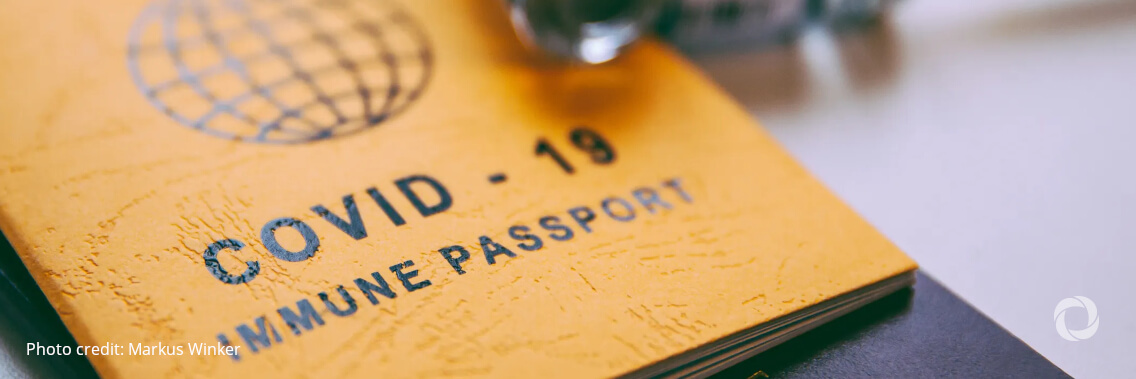UNESCO’s World Commission on the Ethics of Scientific Knowledge and Technology (COMEST) and the International Bioethics Committee (IBC) call policymakers to address ethical issues involved in COVID-19 Certificates and Vaccine Passports. It is crucial that COVID-19 Certificates and Vaccine Passports are not designed, implemented nor used as a privilege and should not infringe freedom of choice, but rather as a way to create an epidemiologically safer environment for everyone.
First of all, UNESCO’s experts stress that the introduction of COVID-19 Certificates and Vaccine Passports should avoid discrimination and societal divides, leave no one behind, and be embedded in a system of international solidarity.
While the introduction of vaccination passports and COVID-19 certificates is an important step to restore civil liberties, it should not introduce new forms of exclusion and discrimination. It is crucial that COVID-19 certificates are not designed, implemented nor used as a privilege for those who have access to vaccines, tests, and digital technologies.
It has been proven that the COVID‑19 global crisis has been hitting the hardest those in poverty, vulnerable situations, disadvantaged and marginalized groups. Furthermore, this pandemic increases divides and inequities in economic, social, and individual spheres of life within societies and between countries.
”The introduction of COVID-19 certificates should not lead to unjust travel limitations for those who did not have access to vaccines or who received a vaccine that is not accepted in the countries they wish to travel to. Measures should be taken to avoid that vaccination-based certificates would reduce the freedom of movement of people in and out of Low and Middle-Income Countries due to the inequitable availability of vaccines, which could have severe implications for development in these countries, else, it accounts only for the mobility of the privileged ones, and not at the international level”, Ms. Gabriela Ramos, Assistant Director-General of UNESCO for Social and Human Sciences.
Moreover, countries should not rely only on vaccine passports but use other means that are accessible to all, such as COVID tests or immunity, in order to avoid opening another layer of discrimination against those who have no access to vaccines.
Vaccine passports raise many questions regarding human rights and fundamental freedoms.
It is important to keep in mind that vaccination is for personal and for third parties protection and is part of the wide range of sanitary measures that are still needed to be followed, particularly as new variants appear. People who cannot or decide not to be vaccinated, should not be discriminated against, rather ensure they commit to being protected and protecting others by other means available.

